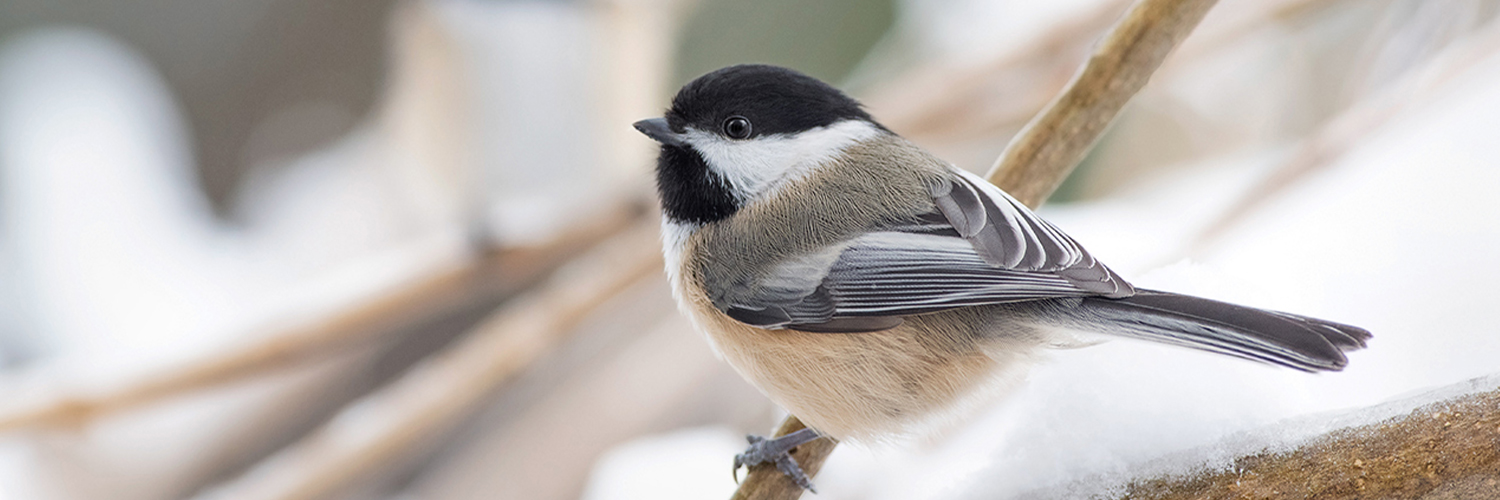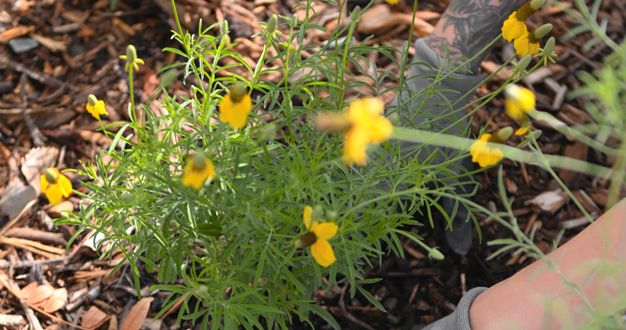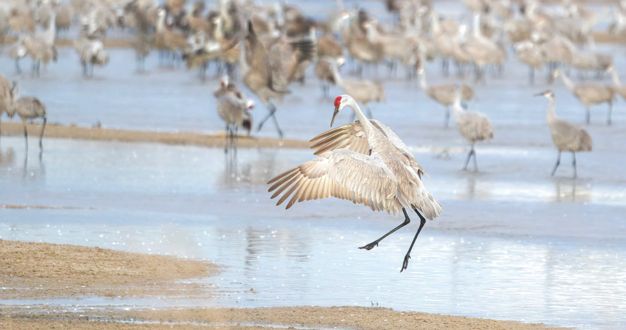
Birds are a lot tougher than they look. Every winter, they endure the kind of frigid weather that keeps us humans tucked indoors with the furnace turned up until April. But although wild birds have survived eons of winters on their own, there’s no reason we can’t do something to help. Here, we share a few tips for making those long, cold months just a little easier for our feathered neighbors – and encouraging them to visit so we can enjoy their beauty and activity too.
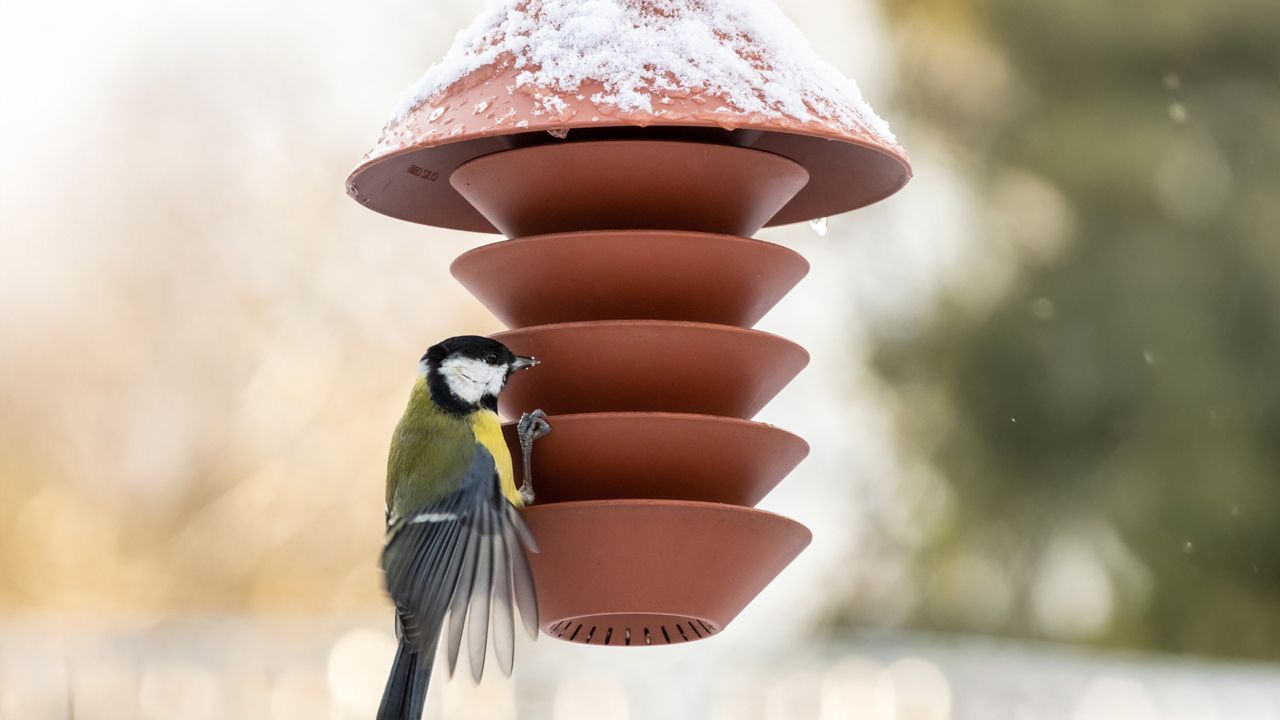
Fill Those Feeders
By late winter, natural food sources like berries, grass seed, and overwintering insects may be disappearing – or covered by a foot of snow. To help local birds, keep your feeders filled every day. Reliable feeders let them know they can count on you for a meal whenever they need it – without spending precious energy searching.
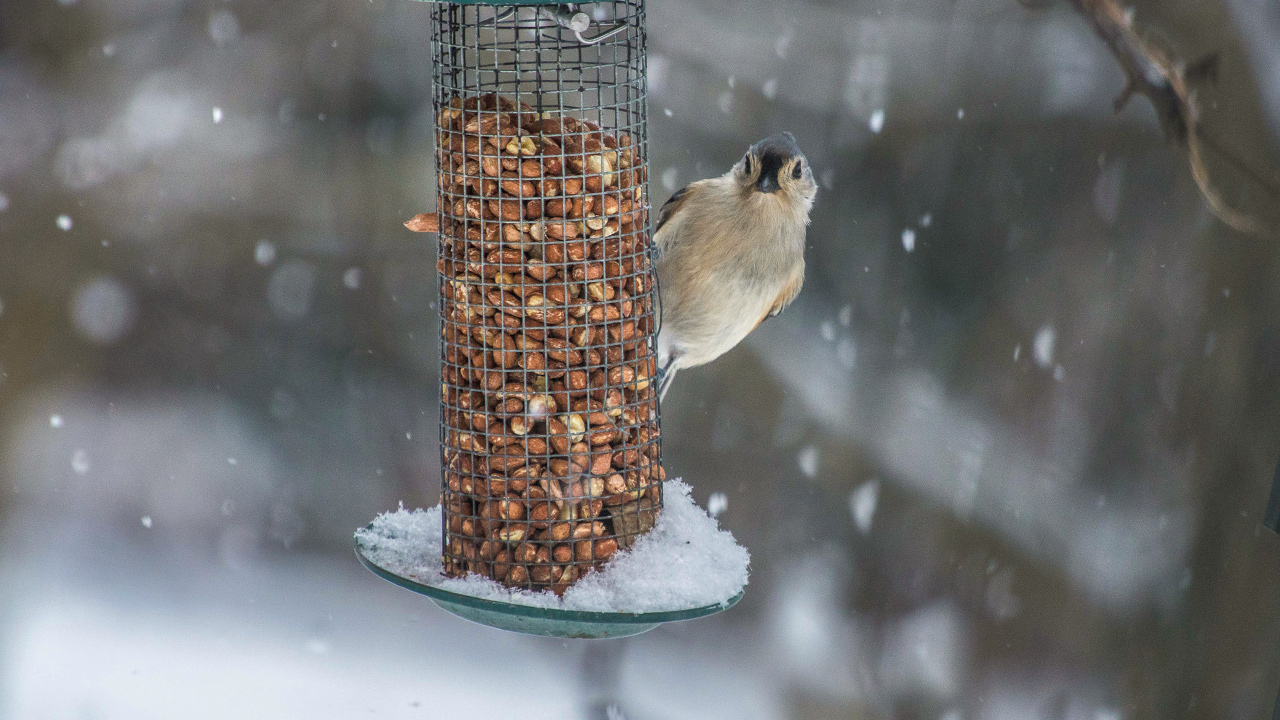
Offer a Variety
If you’re looking to attract a variety of birds, remember that not all birds eat the same foods in the same ways. Black oil sunflower seed in a hopper-style feeder is a favorite for many winter birds, but woodpeckers and titmice would nibble on a block of energy-packed suet too. Blue jays love peanuts which they tuck into secret hiding spots for later snacking. Dark-eyed juncos enjoy nyger seed, which they prefer pecking at in low, flat feeders – along with doves, sparrows, and other ground-feeding species. And according to birdwaterdigest.com, some shyer species eschew feeders altogether, preferring to dine in relatively private and sheltered areas like under the deck, near shrubs, or closer to wooded areas.
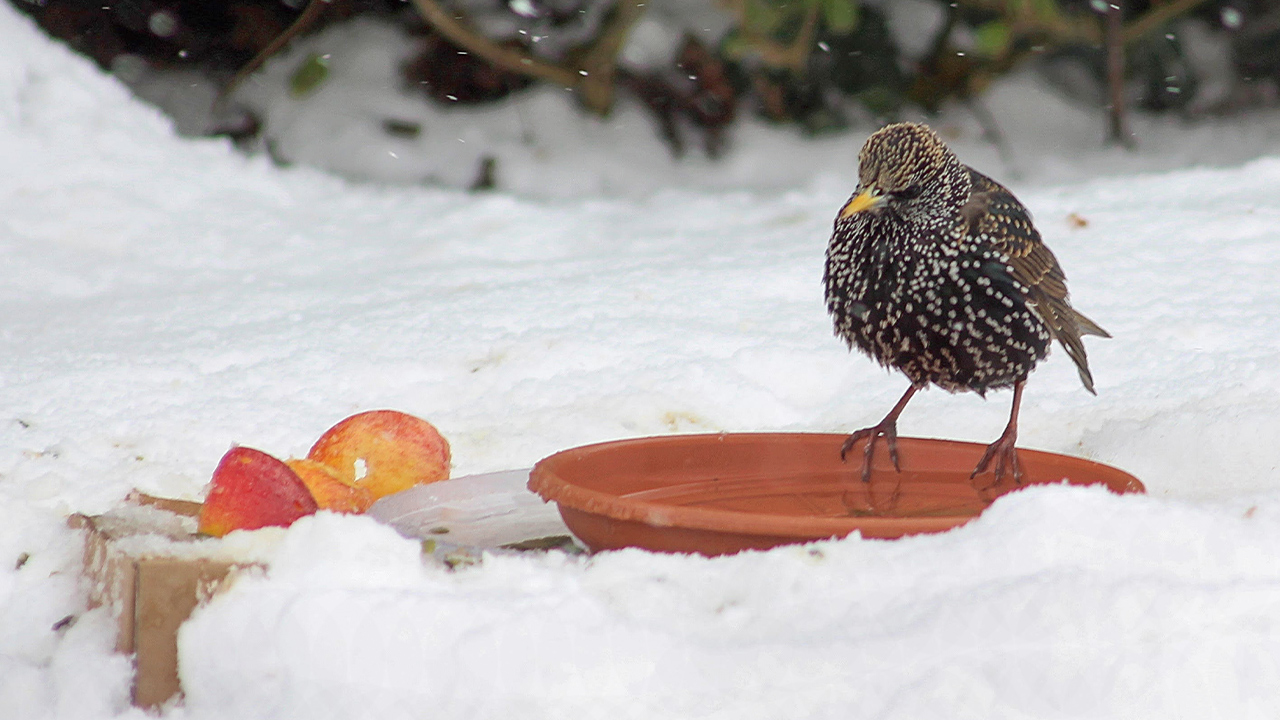
Don’t Forget Water
We usually think about water when we’re hot – but thirst is a concern when it’s cold too. In fact, it can be harder for birds to find a drink in the frozen winter than it is in the summer – when our sprinklers are on and the streams are free-flowing. Bird bath heaters are a great way to keep fresh water available for birds all year long. Just be sure the heater is powerful enough – at least 250 watts – to keep the water ice-free in the coldest weather.
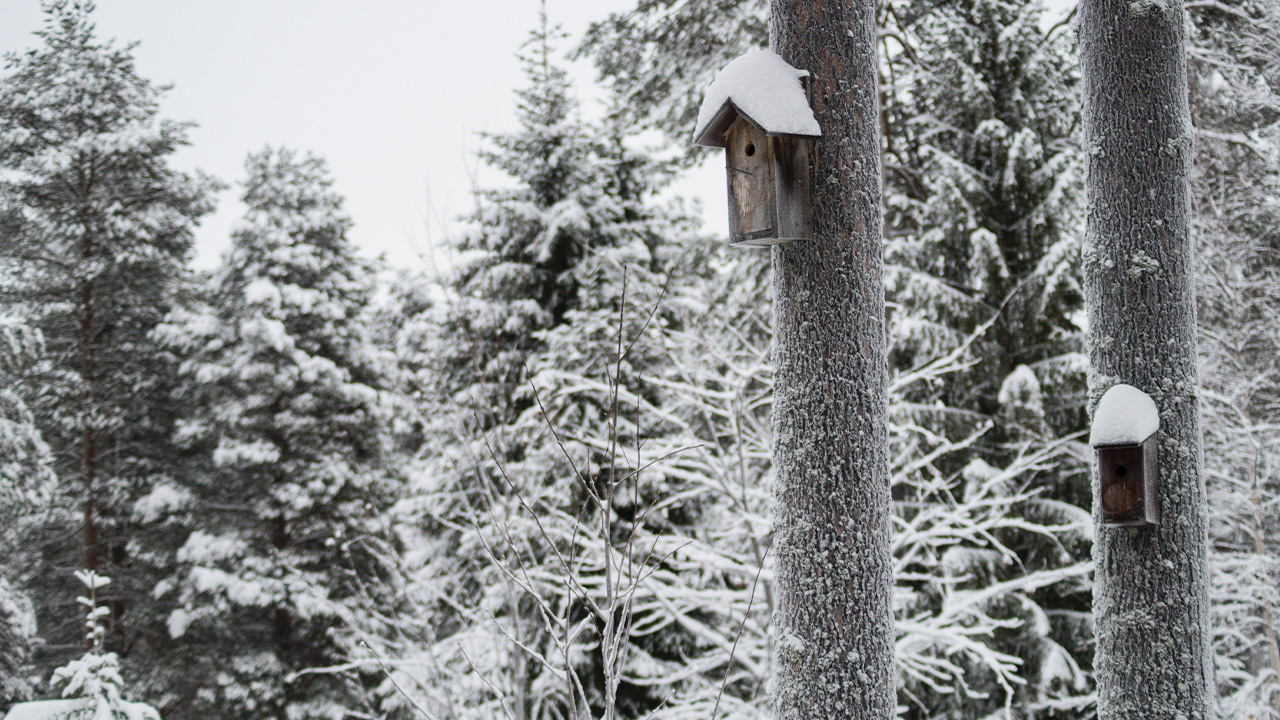
Shelter is Important Too
Along with food and water, shelter is key to a comfortable winter for our backyard birds. Birds need a safe place to hunker down out of the wind and snow. Birdhouses and thick evergreens like spruce are great places to roost. Or another easy way to create shelter is by piling up fallen tree branches into a loose brush pile in a sheltered space. Small birds like chickadees and sparrows like to flit in and out of the crisscrossing branches, protected from the weather and predators.
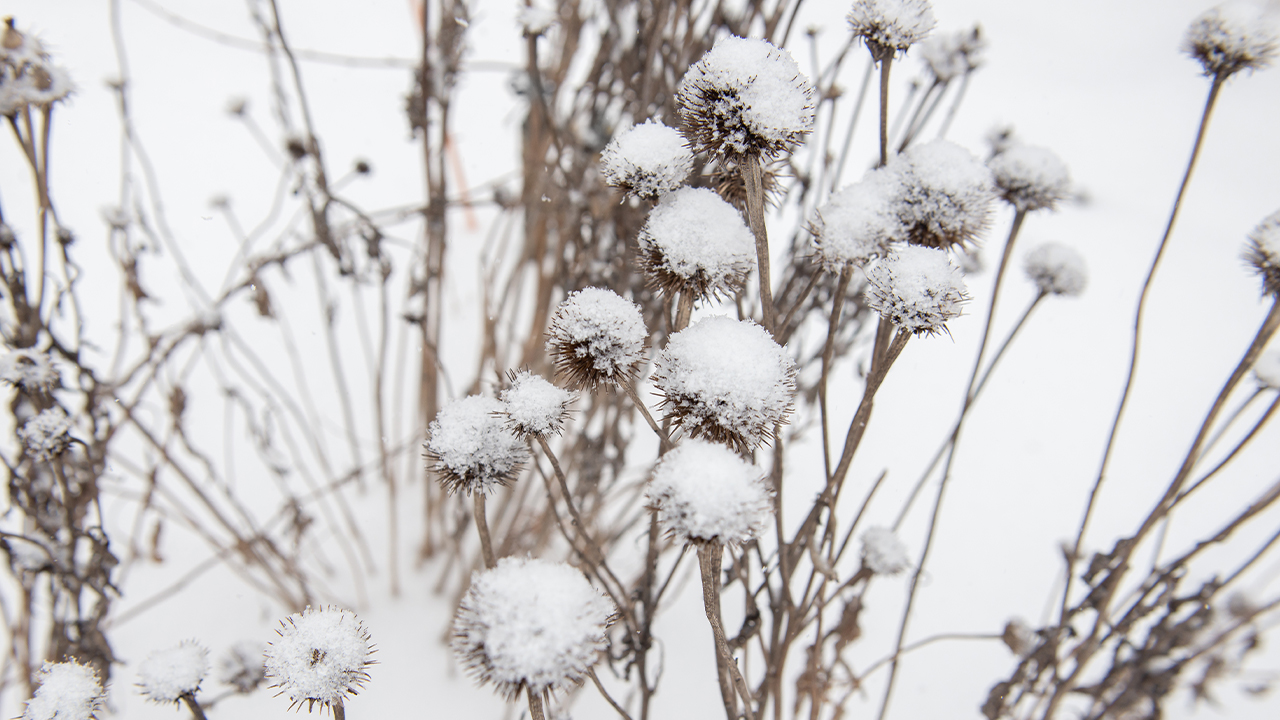
Think Native When You Plant
We’re always ready to forget cold weather in the spring, but a big part of supporting birds in the winter starts with our planting choices in the growing season. Birds know which plants provide the support they need, and native plants are some of their most nutritious and easily recognizable food sources. Native grasses, wild flowers, and shrubs like bluestem grasses, coneflowers, and serviceberry hold their seeds and fruits through the winter and attract exciting native birds like goldfinches, chickadees, cedar waxwings, and sparrows.
A Place to Flock To
If your yard has the food, water, and shelter that birds need to survive the cold months, you’ll never be lonely. Once word gets out, your yard will become an important go-to grocery for all the neighborhood birds – and increase your enjoyment of the waning days of winter too. If you have questions or need seed and supplies, just stop by the Greenhouse – we’re always happy to help.

